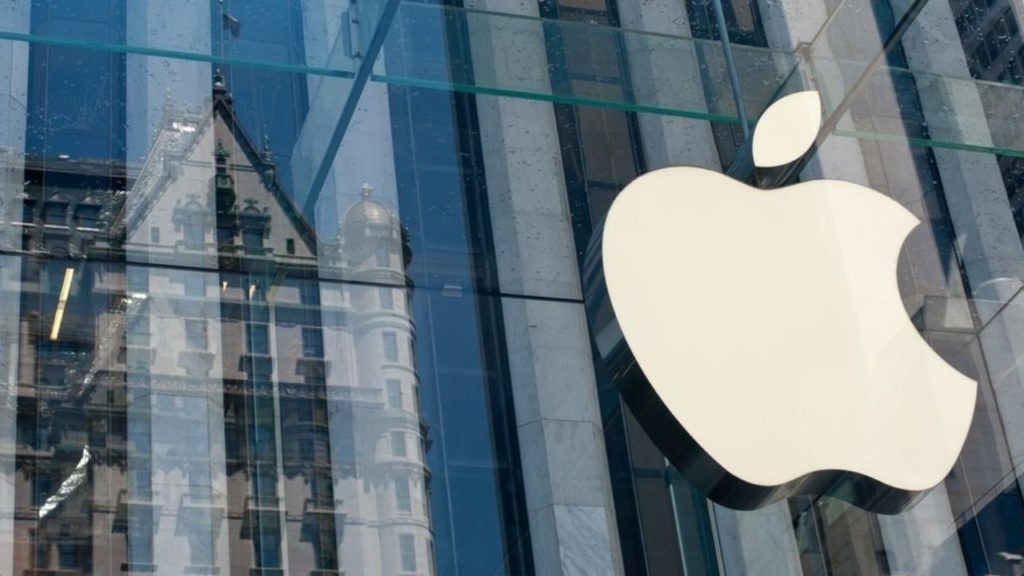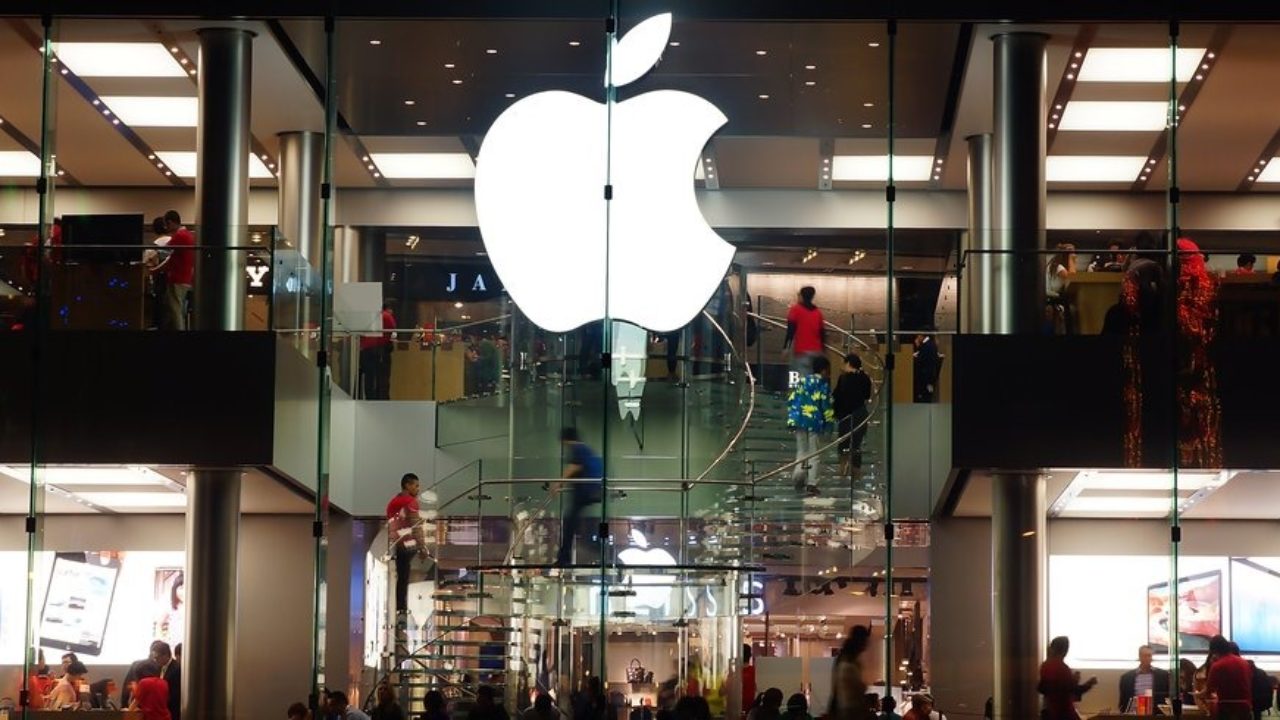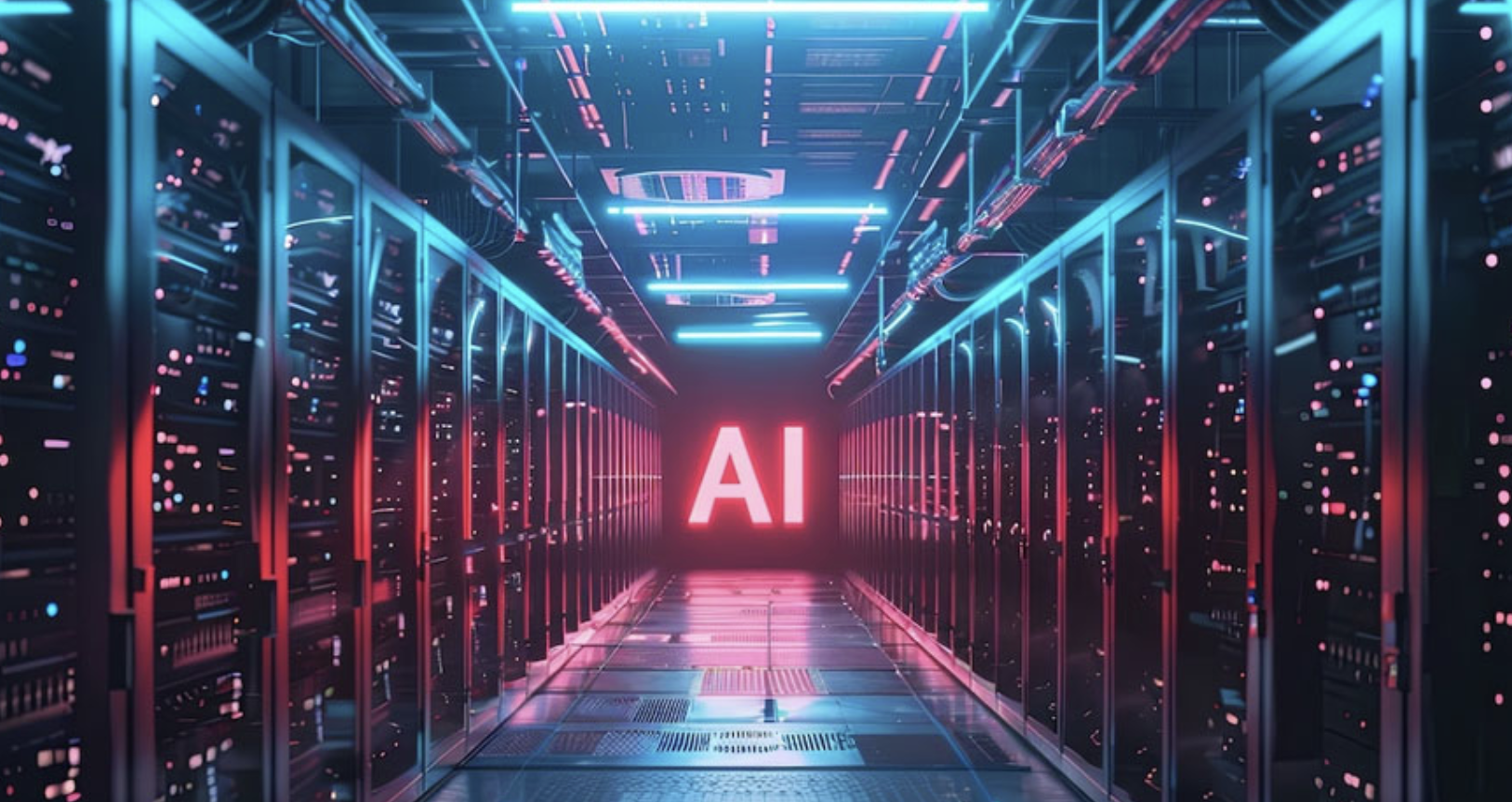Tech giant Apple has now launched its own Pay Later service in the United States, and the company plans a full roll out in the coming months.

The “buy now, pay later” (BNPL) programme from Apple Inc. was introduced in the US on Tuesday, posing a threat to the fintech industry, which is currently dominated by companies like Affirm Holdings and the Swedish payments business Klarna.
Apple Launches Pay Later
According to the firm, Apple Pay Later will let customers split purchases into four installments spaced out over six weeks with no interest or fees. It will first be made available to a small number of customers, with intentions to roll it out to everyone in the upcoming months.
According to the company, customers who use iPhones and iPads to make online and in-app purchases from businesses that use Apple Pay can receive loans ranging from $50 to $1,000.
Apple Pay is accepted at more than 85% of U.S. retailers, according to the company.
Pandemic-related lockdowns in 2020 drove users to online payment platforms, driving up demand for fintech firms that provide BNPL services, particularly among millennials and Gen Z clients.
PayPal and Block Inc (SQ.N), two industry giants in digital payments, have entered the market through acquisitions, while Affirm went public with a multibillion dollar IPO.
Since then, the sector’s fortunes have changed as a result of sizzling inflation and rising interest rates that have reduced consumer spending power.
According to the business, the Mastercard Installments programme enables Apple Pay Later, and Goldman Sachs (GS.N) issued the Mastercard payment credential.
Apple’s Made In India Vision Faces Obstacles
Latest development indicates that Cupertino based Apple Inc is facing challenges while trying to increase production in India.
It appears that Apple Inc is facing challenges as it tries to increase production in India, citing the people familiar with the iPhone maker’s operations.
As we know, the Cupertino, California-based company has been shifting production away from China.
The move took momentum after the country’s strict COVID-related restrictions dented supply chains across industries and as trade and geopolitical tensions between Beijing and Washington escalated. As expected, this 50% ‘yield’ does not meet Apple’s goal for zero defects.












